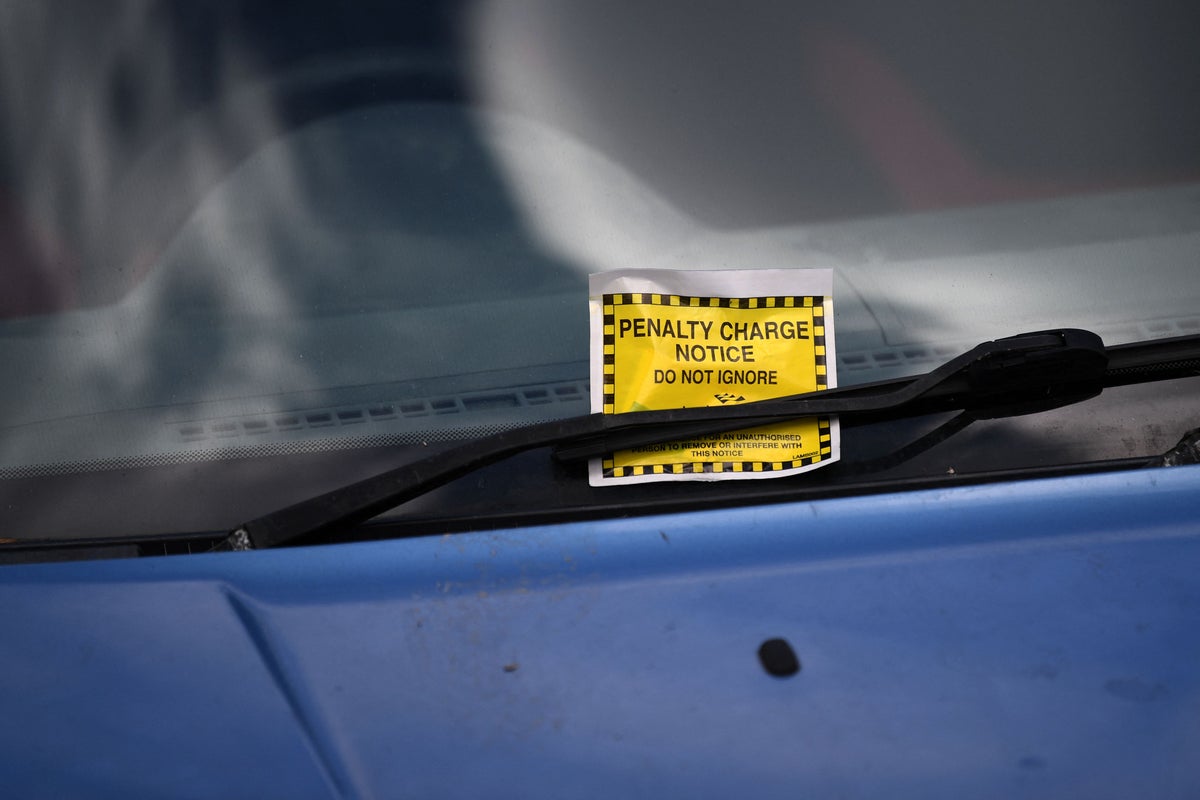
Your support helps us to tell the story
An urgent warning has been issued to UK drivers to watch out for parking fine scams which pose as government bodies.
The Driver and Vehicle Standards Agency (DVSA) says that it has seen scammers pretending to represent the body sending scam texts to drivers. These will usually tell the recipient that they are being served a “parking penalty charge”, sending a link to make a payment.
The texts will often make threats if this sum is not paid within a certain timeframe. This could be a driving ban, increased fine, or being taken to court.
The DVSA does not deal with parking fines, so will never send anyone a text like this. Aside from this, key giveaways are spelling and grammar mistakes, and if the message has been sent from a personal mobile number.
The DVSA has shared a text several people have been receiving recently, which reads: “Dvsa notice for you: You have a parking penalty charge due”.
“If you do not pay your fine on time, Your car may be banned from driving, you might haeve to pay more, or you could be taken to court”.
The agency says anyone who receives a suspected scam text message should report it to the National Cyber Security Centre.
RAC spokesman Rod Dennis said: “This new text message trick is the latest in a series of nasty scams where criminals are catching drivers out by imitating online payment methods.
“It’s incredibly unusual to receive a text about a parking fine if there wasn’t a ticket on your car in the first place – and the ticket normally includes information on how to pay.
“To be safe rather than sorry, we’d advise any recipients of the text to first check if they need to pay a fine with the authority rather than following the URL in the SMS.
“If a fine is due, ask for the payment options and, if you choose to pay it online, make sure the website is the genuine one and that any details you enter are sent securely.”
When a driver breaks parking rules, they will usually be given a penalty charge notice or penalty charge notice, depending on whether it is issued by a local authority or private company.
Notice of these are usually via the post, as the DVLA can provide authorised bodies with any registered driver’s home address.







